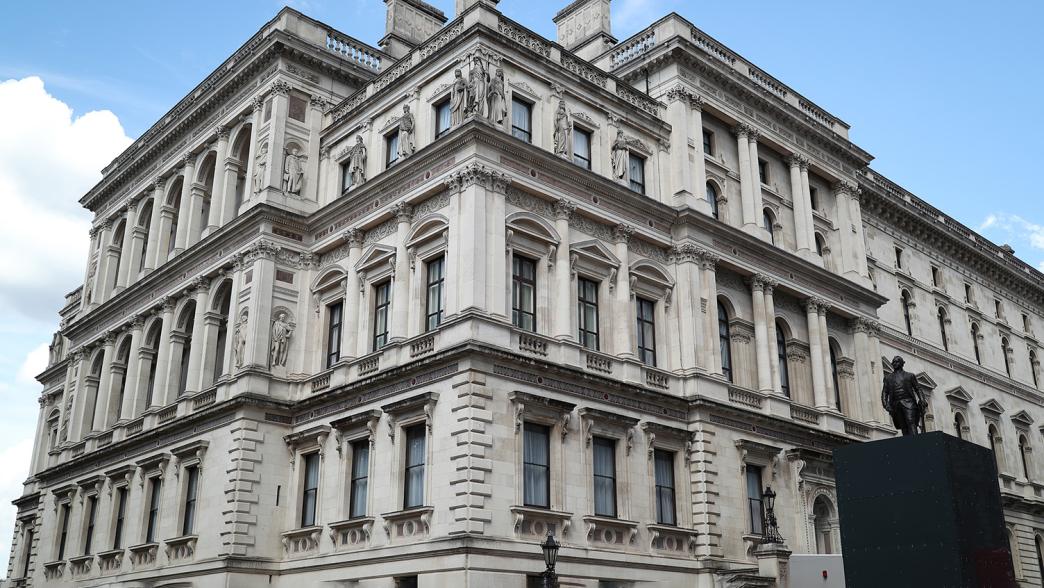How should the Foreign Office change now?
The Foreign Office must fundamentally rethink how it can meet the UK’s foreign policy aims in an increasingly unstable geopolitical environment.

The Foreign Office must fundamentally rethink how it can meet the UK’s foreign policy aims in an increasingly unstable geopolitical environment.

The direct costs of creating a new department start at £15 million.
Sir Alan Duncan and Sarah Champion MP joined us for this event on whether the FCO and DfID merger has been a success.
Former ambassador and No.10 adviser Tom Fletcher joins us to explore the UK’s global status and what David Cameron's return has meant for the FCDO.
Why the centre of government has failed successive prime ministers – and seven recommendations for radical reform.